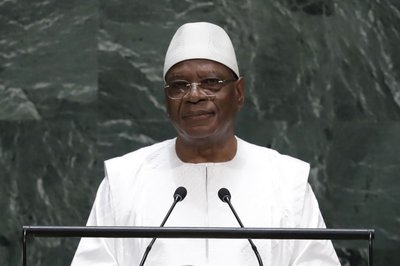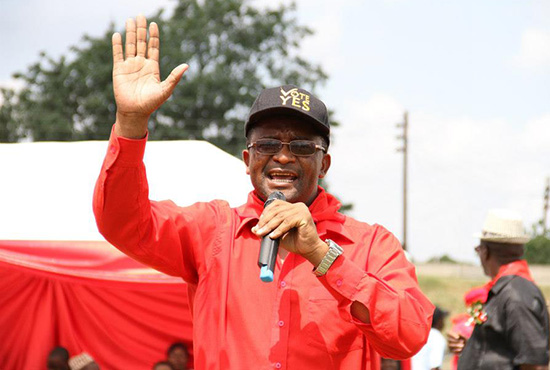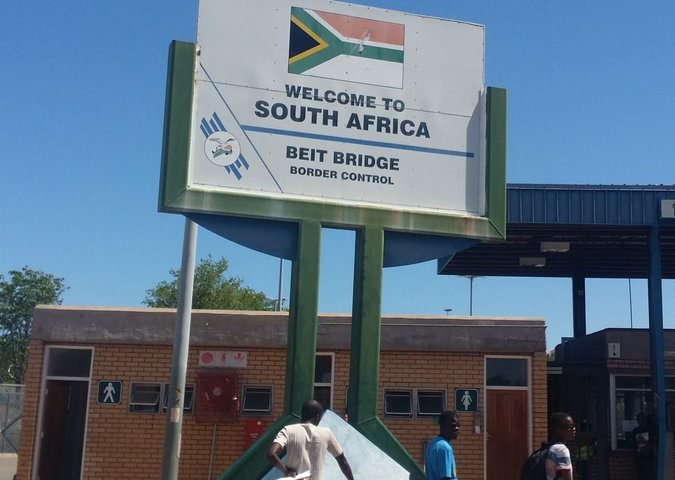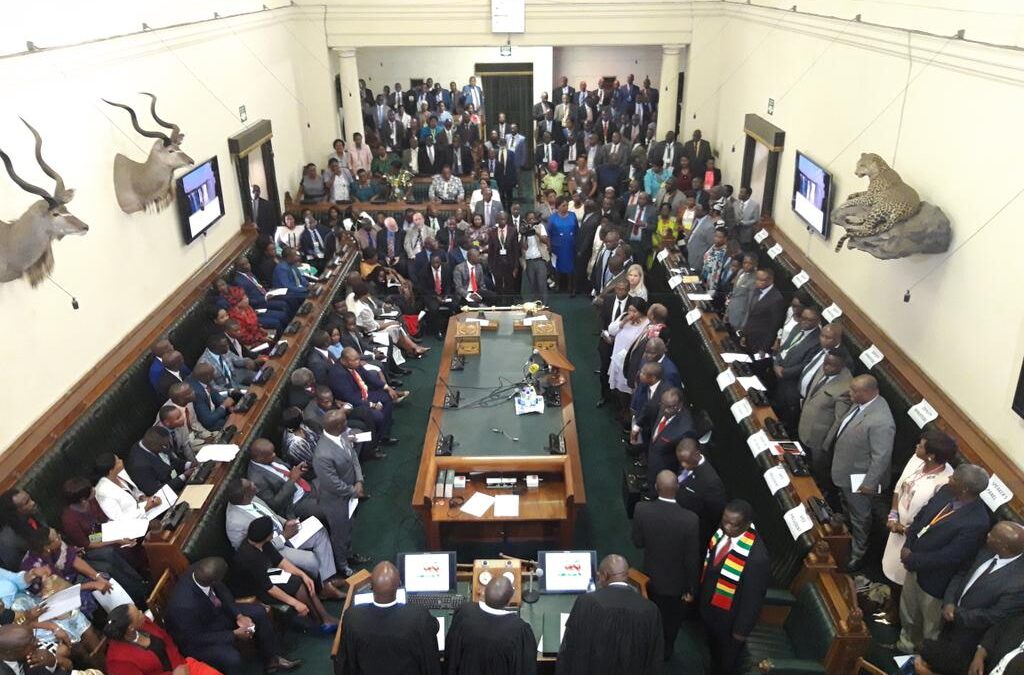A new “restricted” government comprising six members has been formed in Mali and tasked with solving the country’s protracted political crisis, according to President Ibrahim Boubacar Keita.
What you need to know
The West African nation has been scrambling to maintain political stability ever since tens of thousands of opposition supporters took to the streets twice last month to demand Keita’s resignation.
Although dissatisfaction over the country’s economic woes, corruption and worsening security situation has been simmering for a while, the spark for the current crisis was a decision by the Constitutional Court in April to overturn the results of parliamentary polls for 31 seats, in a move that saw candidates with Keita’s party get re-elected.
The protests turned violent earlier this month when three days of clashes between security forces and protesters left at least 11 people dead.
Talks between the government and the opposition M5-RFP or June 5 Movement, which is led by popular cleric Mahmoud Dicko, a former ally of Keita, have so far failed. Last week, a high-stakes mediation effort by a group of West African presidents also failed to resolve the rifts between rivals.
Who is in the new government?
The president reappointed Defence Minister Ibrahima Dahirou Dembele, Territorial Administration Minister Boubacar Alpha Bah and Foreign Minister Tiebile Drame, according to a decree read on national television late on Monday.
He also made three new appointments: lawyer Kassoum Tapo as justice minister; former Development Bank of Mali director Abdoulaye Daffe as finance minister; and former chief of army staff Bemba Moussa Keita as security minister.
Why is this happening now?
Political instability in Mali is seen as a dangerous development for the entire Sahel region, which already faces ongoing threats from numerous armed groups.
Keita, who had been without a government since April, made the appointments under pressure from ECOWAS (the Economic Community of West African States), which has been involved in mediating the crisis and called for a government of national unity.
ECOWAS on Monday further requested the 31 parliamentarians resign, including the speaker of the National Assembly, to allow for new elections. But it also warned of sanctions against those who opposed its efforts at resolving the crisis.
What is the opposition saying?
The protest movement on Tuesday rejected the ECOWAS proposals and insisted that Keita quit, raising the prospect of renewed anti-government demonstrations in the weeks ahead.
“The M5-RFP states with regret that the conclusions of the Heads of State Summit do not take into account the depth and gravity of the sociopolitical crisis that has Mali’s future hanging in the balance,” it said in a statement.
It said the proposals did not “correspond to the expectations and aspirations of the people of Mali and violate the laws and constitution of Mali”, demanding “the resignation of Mr. Ibrahim Boubacar Keita and his regime more than ever”- Al Jazeera News





0 Comments